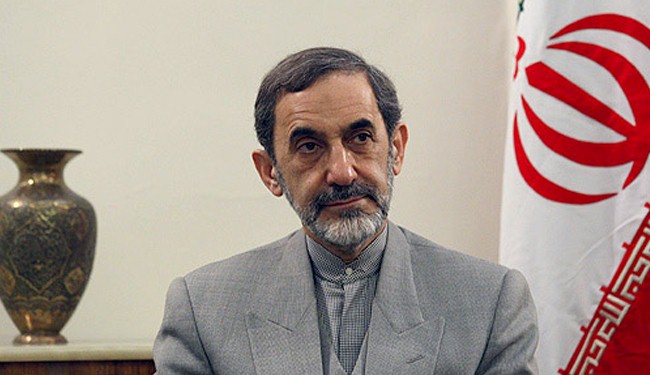Imam Khamenei’s advisor: Ground set for final nuclear deal

A senior advisor to the Leader of Islamic Ummah and Oppressed People Imam Seyyed Ali Khamenei has said that the ground is prepared for a final deal on country’s nuclear energy program with the world powers.
“The policy of the Islamic Republic of Iran is continuation of talks and adherence to the provisions of the Geneva deal and the ground is prepared to achieve a final agreement [on Iran’s nuclear issue],” said Ali Akbar Velayati on the sidelines of a Tuesday ceremony in Tehran.
Velayati criticized latest move by the US to blacklist new companies under Iran sanctions and argued those bans should not have been imposed.
On Thursday, the US Departments of Treasury announced that it banned a number of companies and individuals over “providing support” for Iran’s nuclear energy program and violating sanctions.
The new US sanctions came despite the interim nuclear agreement inked between Iran and the five permanent members of the UN Security Council – Russia, China, France, Britain and the US – plus Germany in the Swiss city of Geneva on November 24.
The interim deal sought to set the stage for the full resolution of the West’s decade-old dispute with Iran over the country’s nuclear energy program.
On Monday Iranian Foreign Minister Mohammad Javad Zarif says blacklisting new entities by US derailed the talks but didn’t stop them.
“We are committed to the plan of action and the implementation of [the] Geneva [deal] – but we believe it takes two to tango,” Zarif said.







